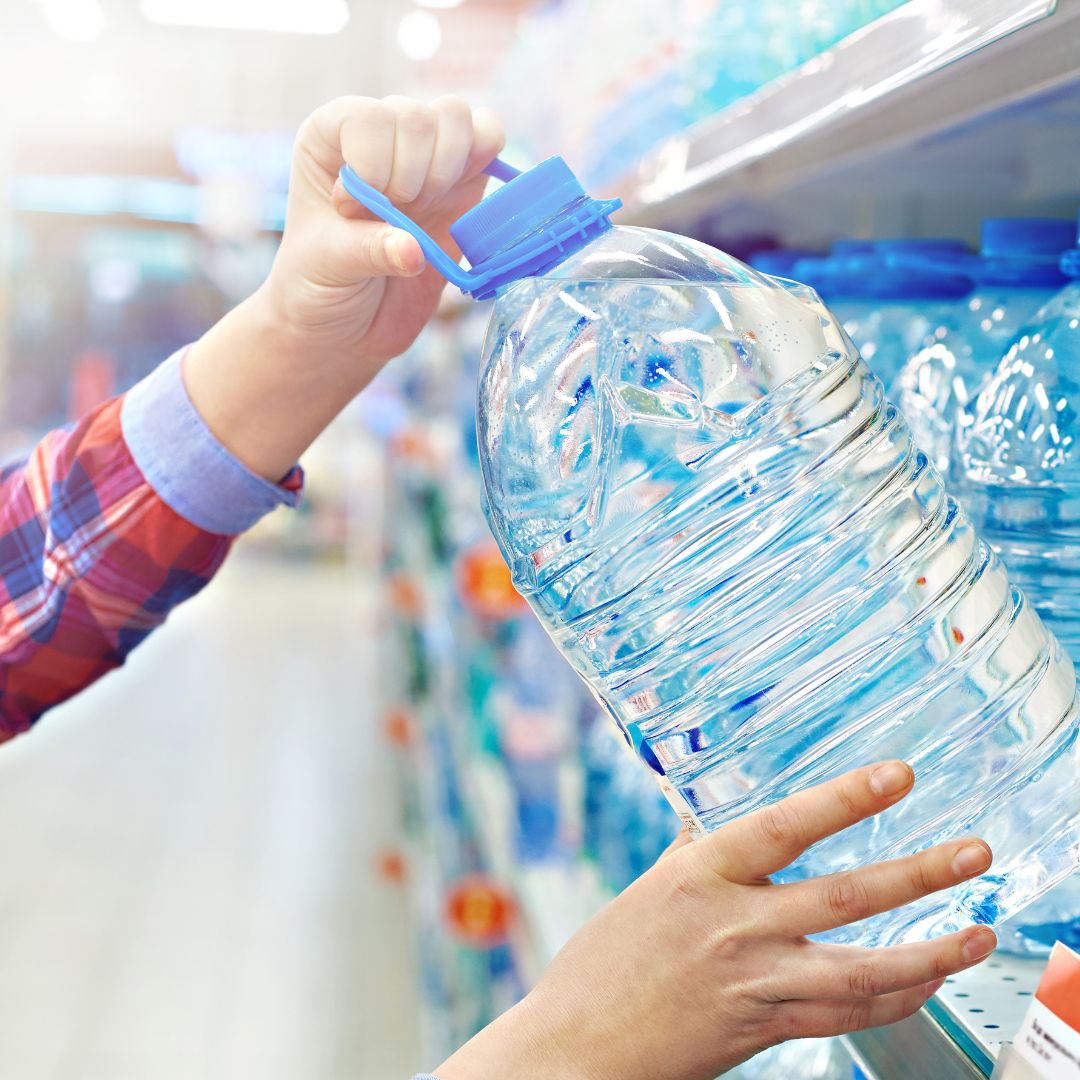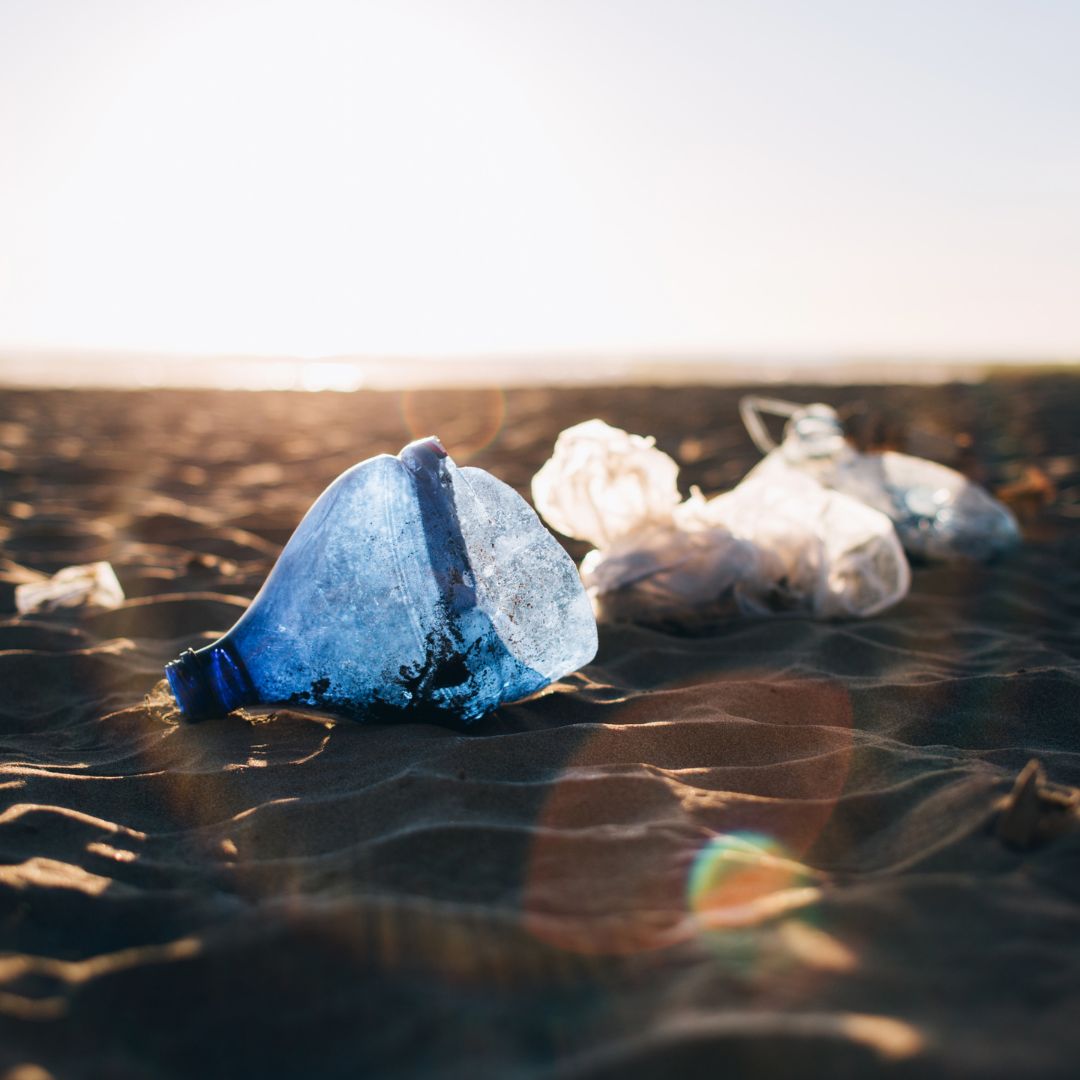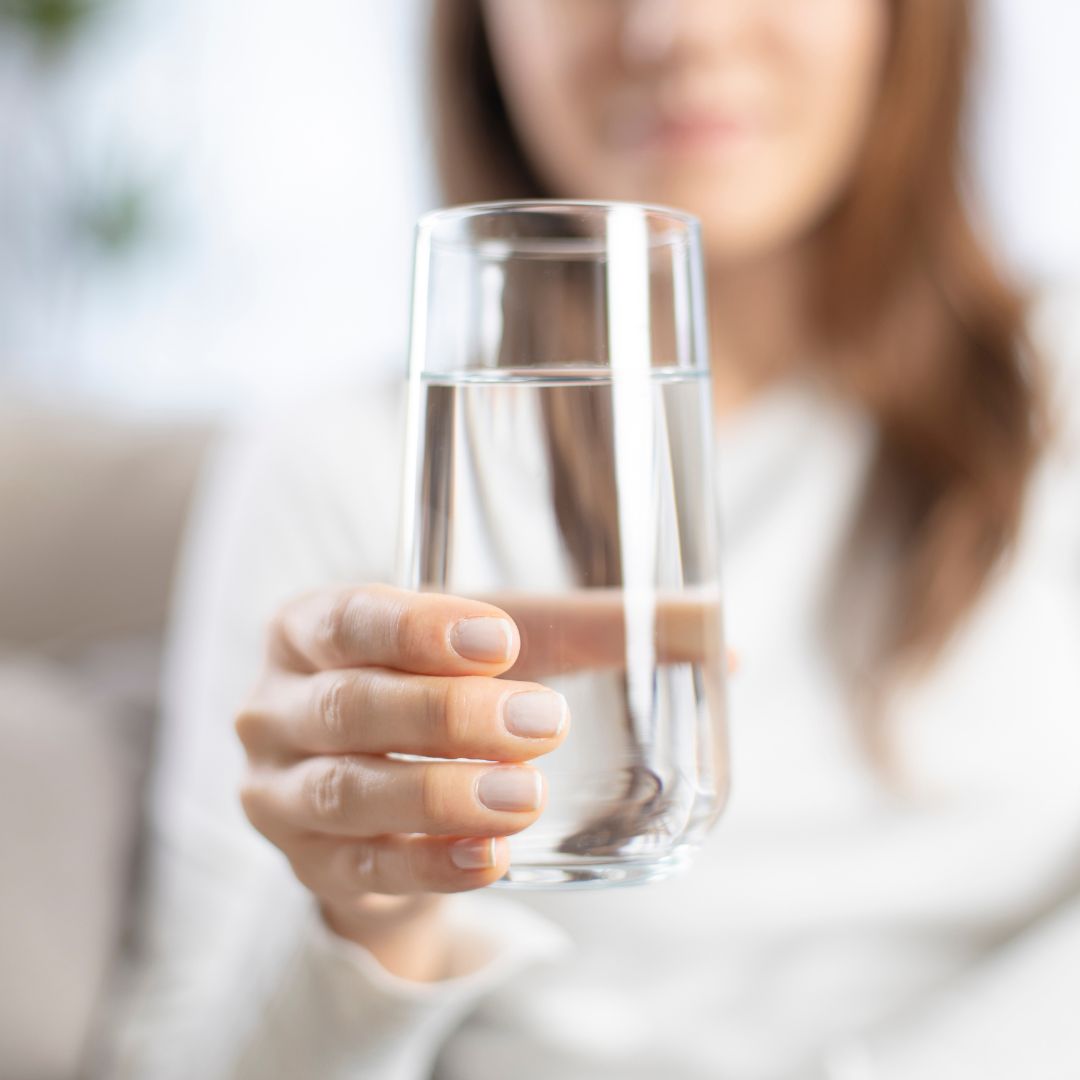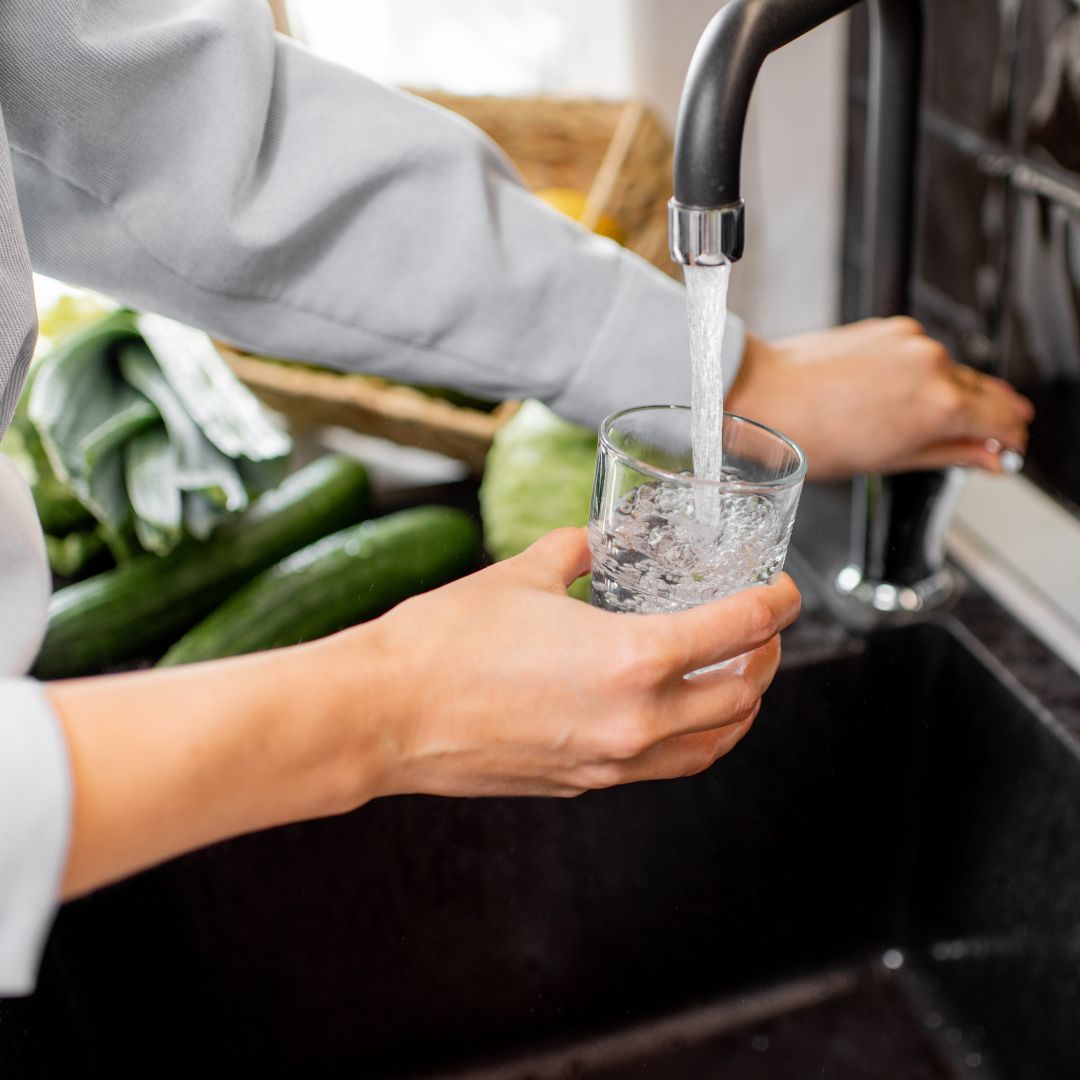
The Pros and Cons of Drinking Tap Water vs. Bottled Water
25th Sep 2023
In today's world, the choice between tap water and bottled water is a hot topic. Both options have their advantages and drawbacks, and deciding which one is right for you can be a complex decision. At NuvoH2O, we're dedicated to helping you make informed choices about your water consumption. Below, we'll explore the differences between drinking tap water versus bottled water, shedding light on the factors that can influence your decision. Learn more about the best types of water to consume and contact us to get more information about salt-free water softeners for your household!

Cost-Effectiveness
Tap Water: One of the most significant advantages of tap water is its affordability. Tap water costs a fraction of what bottled water does, making it a budget-friendly choice for households.
Bottled Water: Bottled water can be expensive, especially when consumed regularly. You pay not only for the water itself but also for packaging, transportation, and marketing, which significantly inflate the cost.

Environmental Impact
Tap Water: Drinking tap water is environmentally friendly. It reduces the need for single-use plastic bottles, which contribute to pollution and take hundreds of years to decompose in landfills.
Bottled Water: The production and disposal of plastic water bottles have a detrimental impact on the environment. Many plastic bottles end up in oceans and landfills, harming wildlife and ecosystems.

Water Quality
Tap Water: In many developed countries, tap water is subject to strict regulations and testing. It is treated to meet safety standards, making it safe to drink. In fact, tap water is often of high quality and even undergoes softening processes like those provided by salt-free water softeners.
Bottled Water: Surprisingly, bottled water is not always superior in quality to tap water. Some brands use tap water as their source and may not undergo the same rigorous testing and treatment standards. Moreover, the plastic bottles can sometimes leach harmful chemicals into the water.

Convenience and Accessibility
Tap Water: Tap water is readily available in most homes and public places. You can access it instantly without the need to purchase, store, or carry heavy bottles.
Bottled Water: While bottled water offers convenience on the go, it can be less accessible in some areas, and you may run out of supply when you need it most. It also contributes to the inconvenience of dealing with empty bottles.
Consider Your Water Source and Softening Needs
The choice between tap water and bottled water ultimately depends on your priorities, budget, and environmental concerns. While bottled water may be convenient, tap water is often the more practical and eco-friendly choice. Additionally, if you're concerned about water quality and are considering a water softening system, like a salt-free water softener, remember that it can further improve the taste and feel of your tap water.
At NuvoH2O, we advocate for water solutions that benefit both your household and the environment. Our salt-free water softeners not only enhance water quality but also reduce water waste compared to traditional salt-based systems. By making an informed choice about your water source and investing in sustainable water-softening solutions, you can enjoy high-quality, softened tap water that's good for your health and the planet. Make the right choice for your water consumption needs and contribute to a more sustainable future. Get in touch with us today to get started!


